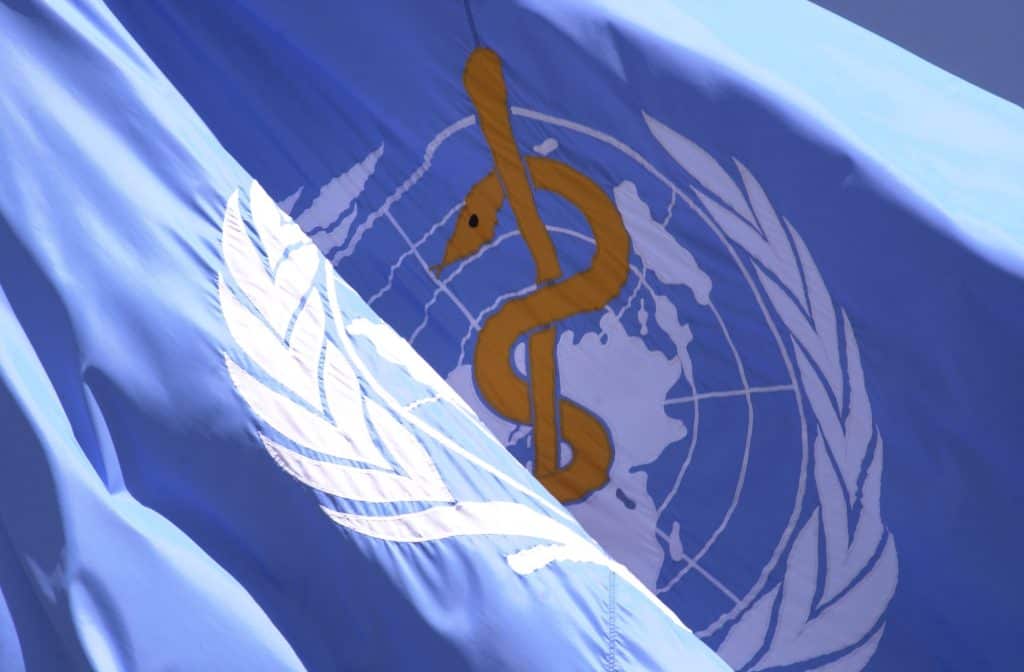
WHO backs AstraZeneca vaccine against South African variant
pharmafile | February 9, 2021 | News story | Manufacturing and Production | COVID-19, WHO, vaccines
World health officials have moved to ease concerns over the efficacy of the Oxford University-AstraZeneca vaccine against new variants of COVID-19.
The support comes after a recent trial suggested the vaccine was ineffective in preventing mild symptoms caused by the strain that originated in South Africa.
A statement prepared by Covax on the WHO website said: “It is important to note that primary analysis of data from Phase III trials has so far shown – in the context of viral settings without this variant – that the AstraZeneca-Oxford vaccine offers protection against severe disease, hospitalization, and death.
“This means it is vitally important now to determine the vaccine’s effectiveness when it comes to preventing more severe illness caused by the B.1.351 variant.”
The trial led to South Africa temporarily halting their rollout of the Oxford University-AstraZeneca vaccine, although the country is still considering giving out a smaller number of doses before monitoring its effects.
Covax already plans to distribute 350 million doses of the same vaccine in the first half of this year, pending a final decision from WHO and SAGE.
Kate O’Brien, Head of Immunisations at WHO, told Reuters it was becoming “more and more clear, the longer the interval between the two doses, the higher the efficacy”.
In its statement, Covax was also quick to point out that the South African study size was small, and only tested on people who had received the virus four weeks apart, although they did add: “We must do everything possible to reduce the circulation of the virus, prevent infections and reduce the opportunities for the SARS-CoV-2 to evolve resulting in mutations that may reduce the efficacy of existing vaccines.”
Meanwhile, the UK, which has vaccinated over 12 million people to date, with a combination of the AstraZeneca and Pfizer-BioNTech vaccines, has reported that both jabs appear to be working well against a variant that originated in the south east of England.
Jack Goddard
Related Content

Gilead’s Veklury recommended by NICE for COVID-19 treatment
Gilead Sciences has announced that the National Institute of Health and Care Excellence (NICE) has …

Merck plans to conduct trials for HPV vaccines
Merck, known as MSD outside of the US and Canada, has announced that it is …

Measles: the UK’s next epidemic?
Recently, the UK has seen a rapid increase in the number of cases of measles, …








